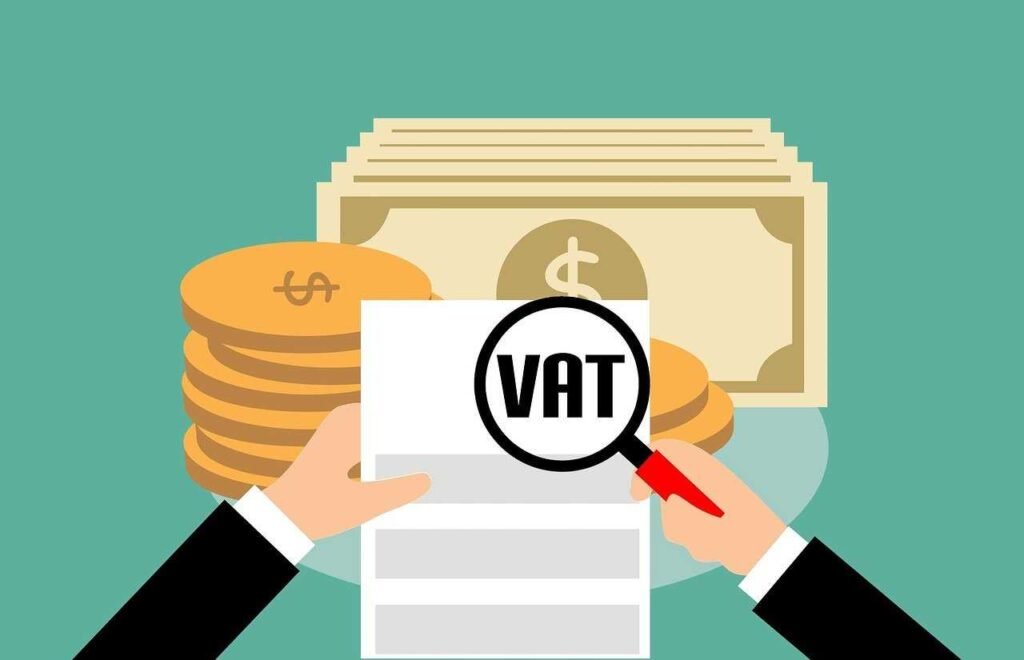
Your company incurs a lot of expenses in the pursuit of serving customers. If what you do involves business motoring, the full cost of what it takes to keep cars on the road does not necessarily have to be borne by your company. Some of those costs can be reclaimed, including VAT.
While the accounting department might be looking at VAT Loans as a tool for helping your company stay on track with positive cash flow, they might also want to take a look at any VAT you pay in relation to business motoring. Believe it or not, there are quite a few options for reclaiming VAT for motoring expenses.
1. Buying New Cars
Companies choosing to buy a new car for business use can access some of the most generous VAT benefits in the UK. As long as the new car is not available for any private use, and that stipulation can be proved with documentation, the company can reclaim all of the VAT on that vehicle.
Examples of personal use would include driving the car to and from work on a daily basis. The only exception to this sort of use would be driving the car to and from a temporary place of work where the car is not normally stored. Also note that companies can reclaim all of the VAT paid on a new car if the purpose of the car is primarily for:
- providing a taxi service
- providing driving instruction
- self-drive hire.
Business motoring can be a bit more cost-effective if your company is buying new cars eligible for VAT reclamation in that reclaiming VAT reduces total operating expenses. But what if you’re not buying? What if you are leasing instead?
2. Leasing Company Cars
The government is not as generous with leasing as it is with purchasing. Nonetheless, your company might still be able to reclaim some VAT on leased vehicles. You can reclaim 50% as long as a leased vehicle meets all of the same conditions listed for new cars above.
That means a leased vehicle must not be available for any personal use. The self-drive hire provision is a little bit different as well. Where there are no stipulations for purchased vehicles, there are some relating to leased vehicles. You can claim up to 50% of the VAT on a leased vehicle intended for self-drive hire under the following conditions:
- It is not hired for more than 10 days
- It is used only for business purposes
- It is not used for any private purpose.
The key to leased vehicles for self-drive hire is that they not be kept for more than 10 days. Anything longer than 10 days is considered a long-term hire for tax purposes. Reclaiming the VAT on a long-term agreement is just not possible.
3. Larger Commercial Vehicles
Reclaiming VAT on business motoring expenses is not limited to passenger vehicles. You can reclaim VAT on large commercial vehicles as well. This means vans, lorries, tractors, etc. Once again, the main stipulation is that any such vehicles are only used for business purposes.
There are some non-traditional commercial vehicles that also qualify for reclaiming VAT:
- Motorcycles
- Motorhomes and caravans
- Combi vans
- Car-derived vans.
You may have a hard time imagining business purposes for these kinds of vehicles, but they do exist. Consider a company that offers mobile hearing tests, for example. That company may convert a motorhome into a portable testing centre that is driven from one location to the next.
4. Reclaiming VAT on Fuel
Reclaiming VAT on vehicle purchases and leases is pretty straightforward. The same is not true for the VAT paid on fuel. Fuel is where VAT reclamation gets a little tricky for businesses. There are three different ways to reclaim VAT on fuel costs.
The first method involves fuel for company vehicles used only for business purposes. This is pretty straightforward. You can claim 100% of that VAT provided a vehicle is never driven for private use. If a company vehicle is used both for private and company business, there are two means of reclaiming VAT:
- Claim 100% while also paying a fuel scale surcharge on the vehicle
- Keep records and reclaim the VAT only on business driving.
You may choose not to reclaim any VAT if the fuel scale surcharge on your vehicle is larger than the amount you would get back through reclamation. That’s fine. The government doesn’t care either way. The only caveat is that you cannot pick and choose between vehicles. It is an all-or-nothing deal. If you choose not to reclaim VAT on fuel for one vehicle, you cannot reclaim it on any fuel costs.
In Summary
The government recognises business motoring as an expense that companies have to bear in order to keep their operations going. As such, they offer some measure of relief through reclaiming VAT. You can reclaim all or some VAT on the cost of both buying and purchasing company vehicles. You can also recover some of the costs of putting fuel in those vehicles by reclaiming VAT.
As a side note, you can reclaim some of the VAT associated with incidental expenses. These include things like maintenance and repair costs, parking costs, and any business-related accessories you might add to your vehicles. Some of these benefits are available even if you cannot reclaim VAT on the actual vehicles themselves.
